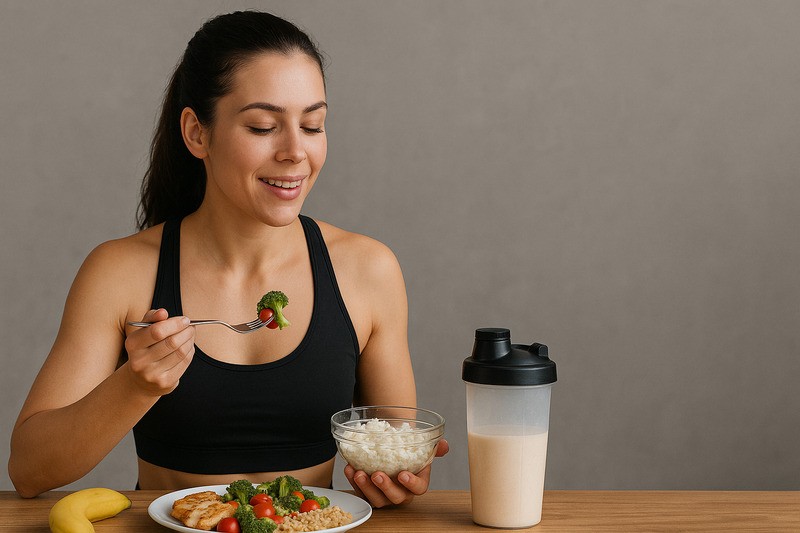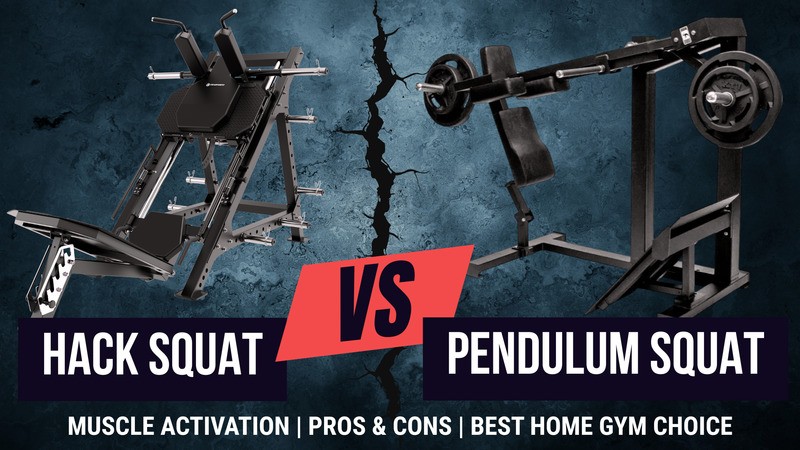blog
Fuel to Thrive: Why You Shouldn’t Be Afraid of Eating During Fitness Training
May 15, 2025In today’s fitness culture, there’s a growing obsession with calorie-burning, weight loss, and aesthetic transformation. While exercise gets plenty of attention, nutrition is often misunderstood, underestimated, or even feared. But here’s the truth: what you eat has a direct impact on how you train, how you feel, and how you progress. If you’re training hard but not fueling your body properly, you’re selling yourself short. Food is not your enemy—it’s your fuel. And learning how to eat intentionally can make all the difference in achieving long-lasting fitness results.
Why Nutrition Matters More Than You Think
Every rep you lift, every stride you run, every muscle you build—it all requires energy. And where does that energy come from? Your food.
When you train, your body undergoes stress. Muscles break down, glycogen stores are depleted, and your central nervous system is pushed to perform. To recover, rebuild, and improve, your body needs raw materials—proteins, carbs, fats, vitamins, minerals, and water.
If you’re constantly underfeeding yourself, your body can’t keep up. You may be “doing everything right” in the gym and still not see results—because your nutrition isn’t supporting your effort.
The Harmful Myth: “Eating Less = Better Results”
It’s a common mistake: people think that the less they eat, the faster they’ll lose weight. While calorie deficit is part of fat loss, extreme restriction is not the answer. Undereating leads to:
- Muscle Loss: When you don’t consume enough protein or calories, your body may break down muscle for fuel.
- Metabolic Slowdown: Your metabolism adapts to low energy intake, making it harder to burn fat long-term.
- Low Energy & Poor Performance: You’ll tire quickly, lose strength, and struggle to complete your workouts.
- Hormonal Disruption: Especially in women, extreme dieting can affect reproductive hormones, thyroid function, and cortisol levels.
- Increased Risk of Binge Eating: Restriction often leads to intense cravings, overeating, and guilt cycles.
Instead of thinking “less food equals more results,” think “smart food choices equal stronger performance.”
What Your Body Really Needs During Training
To optimize your workouts and recovery, you need to build meals around balance—not restriction. Here’s what to focus on:
1. Carbohydrates
Carbs are your body’s primary energy source—especially during high-intensity or endurance training. They fuel your brain and muscles, improve performance, and reduce fatigue.
Great options: Brown rice, quinoa, oats, fruits, sweet potatoes, and whole grain bread.
2. Protein
Protein provides amino acids that repair and build muscle tissue. It also helps you feel fuller for longer, stabilizes blood sugar, and supports lean body mass.
Great options: Egg whites, fish, lean poultry, legumes, tofu, or plant-based protein powders.
3. Healthy Fats
Fats support hormone production, joint lubrication, and long-lasting energy. They’re essential for brain health and overall recovery.
Great options: Avocados, chia seeds, nuts, olive oil, flaxseeds, and fatty fish.
4. Hydration
Even mild dehydration can decrease strength, focus, and endurance. Staying hydrated also helps with digestion and nutrient absorption.
Pro tip: Aim for at least 2–3 liters of water per day, more if you sweat heavily.
5. Micronutrients
Vitamins and minerals help convert food into energy, repair cellular damage, and regulate muscle contractions.
Important nutrients for fitness: Magnesium, potassium, calcium, iron, and B-complex vitamins.
When and How to Eat Around Workouts
- Pre-Workout: Eat a small meal or snack with carbs and a bit of protein 60–90 minutes before training. This boosts energy and prevents fatigue.
Example: Oatmeal with banana slices and a boiled egg white. - Post-Workout: Focus on replenishing carbs and getting protein within 30–60 minutes. This helps repair muscle and restore energy stores.
Example: Grilled chicken with brown rice and veggies, or a protein shake with fruit. - Throughout the Day: Stick to consistent meals—don’t skip! Balanced eating keeps your metabolism steady and supports muscle repair even while you rest.
The Mental Shift: From Restriction to Empowerment
Nutrition isn’t just physical—it’s psychological. Many people carry guilt around eating, fearing that every bite could sabotage progress. But this mindset can be more damaging than any food.
When you shift your mindset from fear to fuel, you stop viewing meals as a problem and start treating them as tools. That’s when real transformation begins—not just in your physique, but in your confidence and consistency.
Eat to Perform, Not Just to Look a Certain Way
You don’t need to look like a fitness model to train like an athlete. Focus on performance, energy, strength, and health, and your physique will naturally follow.Your body is intelligent. When you give it the right fuel, it knows exactly what to do—build muscle, burn fat, restore balance, and thrive.
Food is not the enemy—it’s your greatest ally on your fitness journey. Instead of punishing your body, nourish it. Choose meals that support your workouts, help your body recover, and bring you joy.You don’t need to fear carbs. You don’t need to starve yourself to see progress.You need to eat—to train hard, recover faster, and live stronger.Let your plate reflect your goals. Let your meals empower your workouts.And most importantly, let go of the fear.Because strong bodies aren’t starved—they’re fed.





